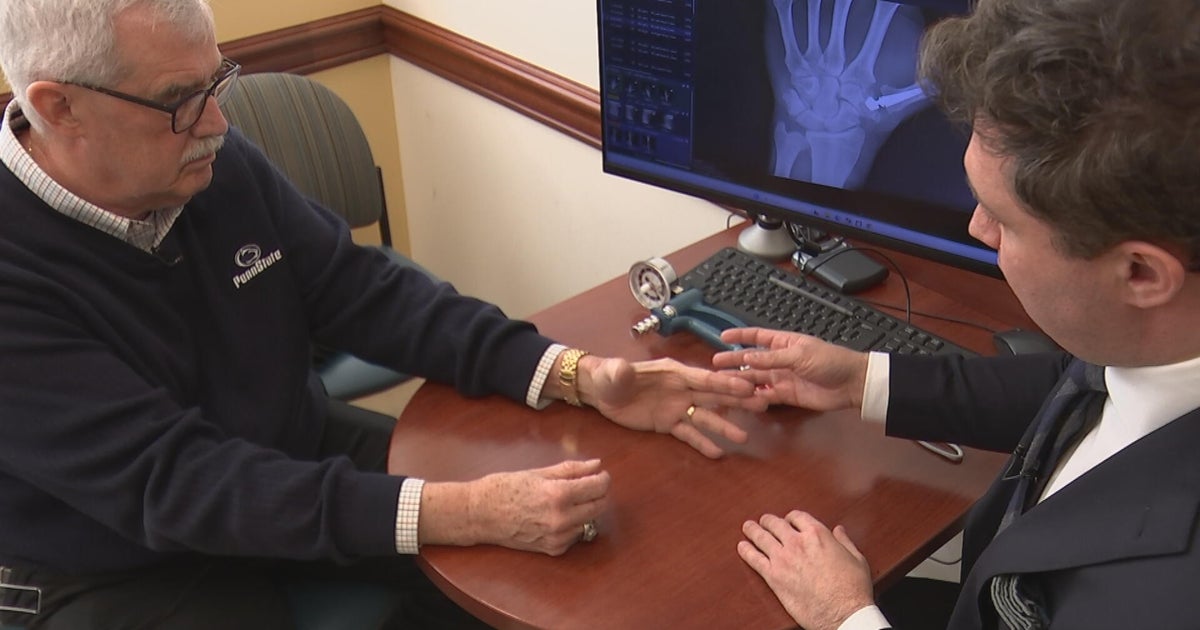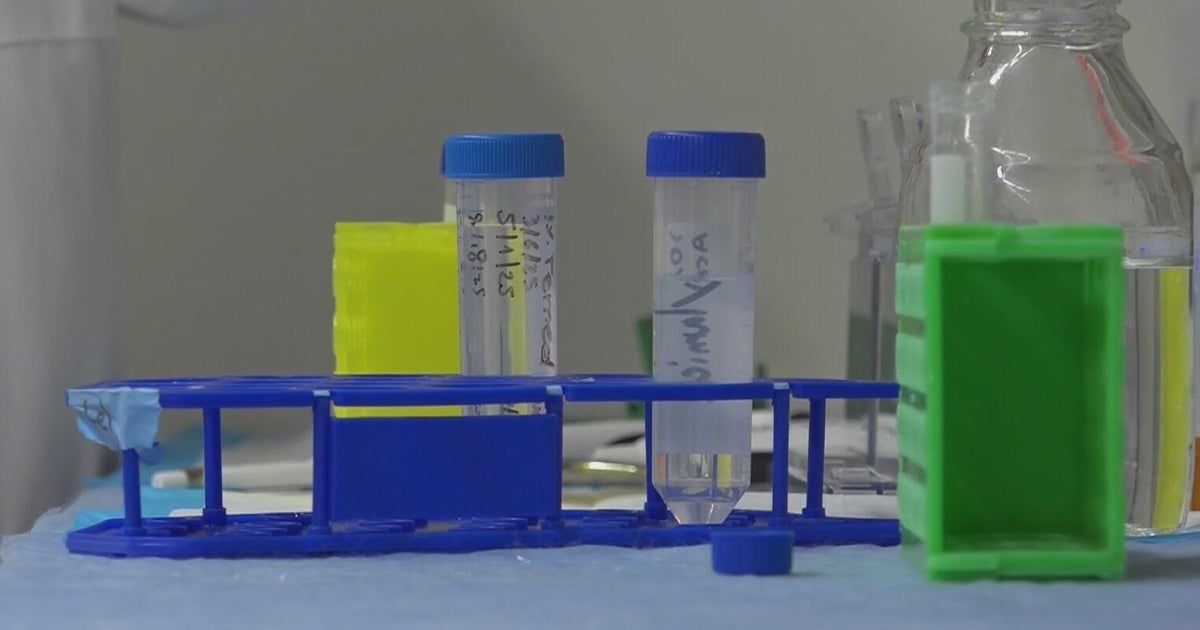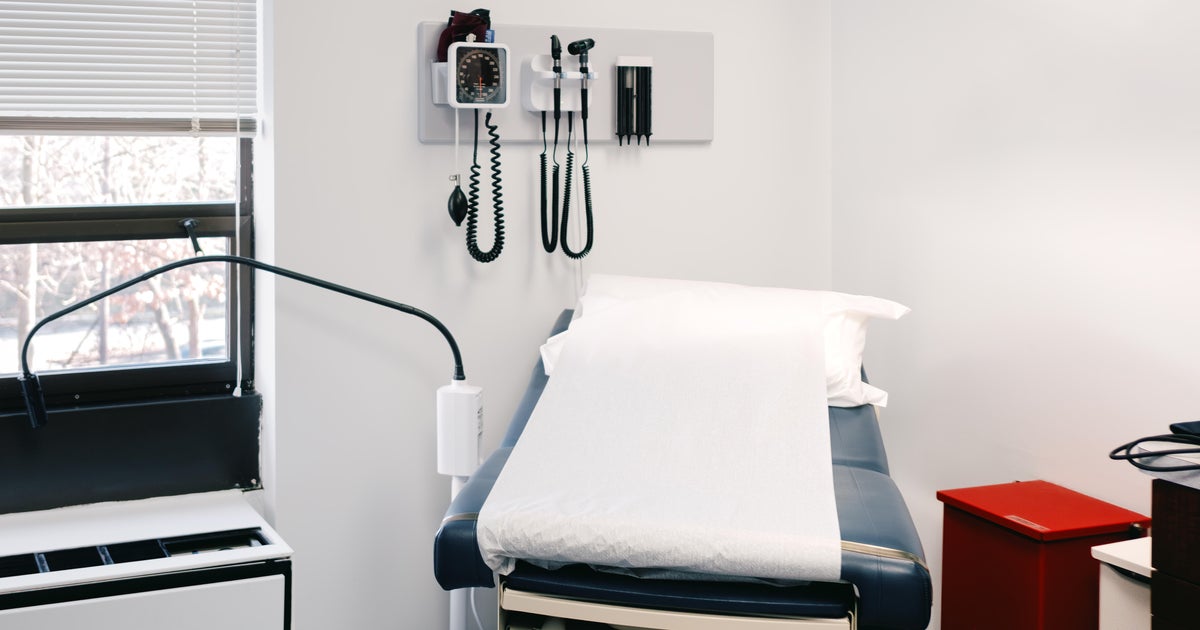Updated breast screening guidelines receive some criticism
PITTSBURGH (KDKA) — New recommendations are shining a light on how early detection can lower the risk of dying from breast cancer, but some experts believe the new guidelines fall short in several ways.
The U.S. Preventive Services Task Force now recommends women get a mammogram every other year starting when they turn 40 years old, instead of 50, and continuing until they're at least 74 years old.
"It's an important step forward, especially for African American women and Hispanic and Asian women, where breast cancer is often diagnosed at a younger age," said Dr. Wendie Berg, a breast radiologist at UPMC Magee-Womens Hospital.
Berg said the guidelines don't go far enough. She said women 40 and up to age 79 should be screened every year even if there are no risk factors.
"We know there's a greater benefit if it's done every year, and that benefit is from finding it early when it's easily treated and it's less likely to result in death," Berg said.
The updated guidelines don't apply to women who've already had breast cancer or women who have a genetic marker that may put them at a higher risk.
Berg explained why there are some concerns about how the recommendations apply to women at average risk, as well as those with a family history of breast cancer and those with dense breasts.
"It increases the chances that cancer will not be seen on a mammogram. Even if you get an annual mammogram, you may still not have your cancer found. About half of cancers are missed in dense breasts and almost half of women have dense breasts," said Berg.
Berg said women with dense breast tissue should get additional screenings like an MRI every year. Berg knows from personal experience. She had to fight for an MRI, which found her breast cancer early at age 53. Mammograms never showed it.
Dr. Berg created a website in hopes of teaching women when to advocate for themselves.
"It hadn't spread to lymph nodes, it was easily treated, and I want every woman to have the opportunity, if she's going to have to have cancer, to have it found early when it really matters," said Berg.
In Pennsylvania, a law that passed last year eliminates out-of-pocket costs for supplemental screenings like MRI for women at greater risk. Berg said it would be helpful to have a federal law and hopes people will join her in reaching out to our lawmakers who represent them in Washington, D.C. because not every insurer is subject to state law.
Breast cancer is the second most common cancer among women in the U.S. Dr. Berg said all women should have a breast cancer risk assessment by age 25.







